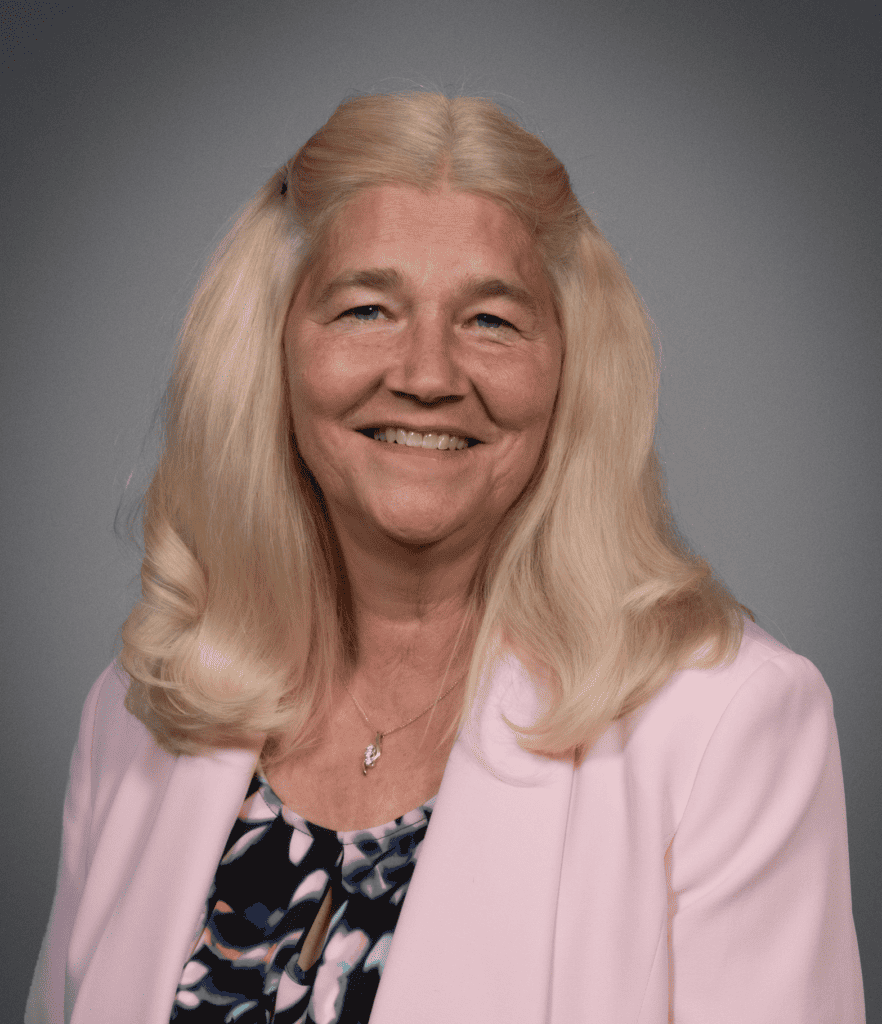
When Lisa Finneran received a phone call during the height of the COVID-19 pandemic asking her to come back for additional testing following her annual mammogram, she found herself in unfamiliar territory.
“I didn’t have any family history of breast cancer, so this was a phone call I never thought I would receive,” Lisa recalls.
A whirlwind of emotions and additional testing followed, including a breast biopsy. The subsequent confirmation of her diagnosis with stage 1 invasive ductal carcinoma was a gut punch.
She vividly remembers those initial raw moments following her diagnosis and the aftermath of telling her friends and family.
“My first reaction was, ‘why me?’ You have that moment in time where you’re just in disbelief,” she remembers.
Lisa wrestled with emotions ranging from shock to anger. However, instead of being consumed by fear and frustration, she formulated a plan.
“I turned all of that very negative, unhelpful energy into thinking about what I needed to do as my next steps,” Lisa said. “That’s what I focused on.”
Her surgeon and oncology team at Virginia Cancer Specialists recommended a lumpectomy and breast reduction (to help with symmetry), as well as radiation treatments.
While she wrapped her mind around the treatment plan, Lisa often found herself wondering how her surgery and subsequent recovery would impact her role as Vice President of Engineering at General Dynamics Mission Systems, where she leads a team of more than 6,000 engineers.
Dismantling the ‘Secret Society’
At Lisa’s first radiation appointment, a technician named Hope uttered a profound statement: “Welcome, you’re now part of the secret society.”
It struck her that breast cancer patients and survivors often don’t speak up about their personal experiences with the disease. But Lisa didn’t want to keep silent – especially at work.
When she decided to share the news of her diagnosis publicly, she was overwhelmed with unwavering support.
Lisa was inundated with confessions from coworkers admitting their own or their loved ones’ experiences with cancer. This silence, she realized, often stemmed from a fear of repercussions at work or a reluctance to be pitied.
So, Lisa approached General Dynamics Mission Systems President Chris Brady about filming a company-wide video message for their workforce to emphasize the importance of prioritizing annual health screenings. The company embraced her message with open arms.
“It’s just too easy to delay your medical screenings and make work your top priority,” Lisa said. “I wanted to make sure that we collectively sent the message to our workforce about how important it is to take care of yourself – not only for your family, but for yourself, too.”
Their video became a beacon of hope for many across the company, with messages of gratitude pouring in and triggering a wave of conversations about prioritizing health. It wasn’t just about breast cancer; it became a catalyst for acknowledging the various health challenges many face in silence.
Lisa acknowledges that every journey is different and there’s no one-size-fits-all answer. Yet, she stressed that the power of empathy, understanding and simply being present for someone cannot be understated.
Lisa’s breast cancer journey has accentuated her compassionate approach to leadership and made her more conscientious about communicating the significance of personal well-being, leading by example and setting boundaries when it comes to taking time off work to address health needs.
Walking for a Cure
To emphasize her support for her colleagues who have or had breast cancer, Lisa spearheaded a team for the 2023 Susan G. Komen MORE THAN Pink Walk in Washington, D.C., called Engineering a Cure.
General Dynamics Mission Systems signed on as a bronze-level event sponsor, and the team has raised more than $12,000.
This is Lisa’s first Komen walk, and she expects that it will be an emotional day as she reflects on her experience and how grateful she is to have no signs of breast cancer two years after her diagnosis.
Whether it’s advocating for regular health screenings, leading with empathy or empowering her team to take charge of their mental and physical health, Lisa exemplifies how pivotal experiences can profoundly change us.
“I’m not a doctor, and I’m not a scientist, but I can use my voice,” Lisa said.
“I can walk and fundraise and emphasize that we have to keep focused on providing the funding for research that will find the cures for breast cancer, because we are making progress to one day eradicate this disease,” she added.
If you’re passionate about making a difference in eradicating breast cancer, joining a Komen race or walk is a fantastic way to contribute to this crucial cause. These events not only raise funds for breast cancer research, education, and support programs but also serve as powerful platforms to honor survivors, remember loved ones, and show solidarity with those currently facing the disease. Find your local race or walk here.
Statements and opinions expressed are that of the individual and do not express the views or opinions of Susan G. Komen. This information is being provided for educational purposes only and is not to be construed as medical advice. Persons with breast cancer should consult their healthcare provider with specific questions or concerns about their treatment.



